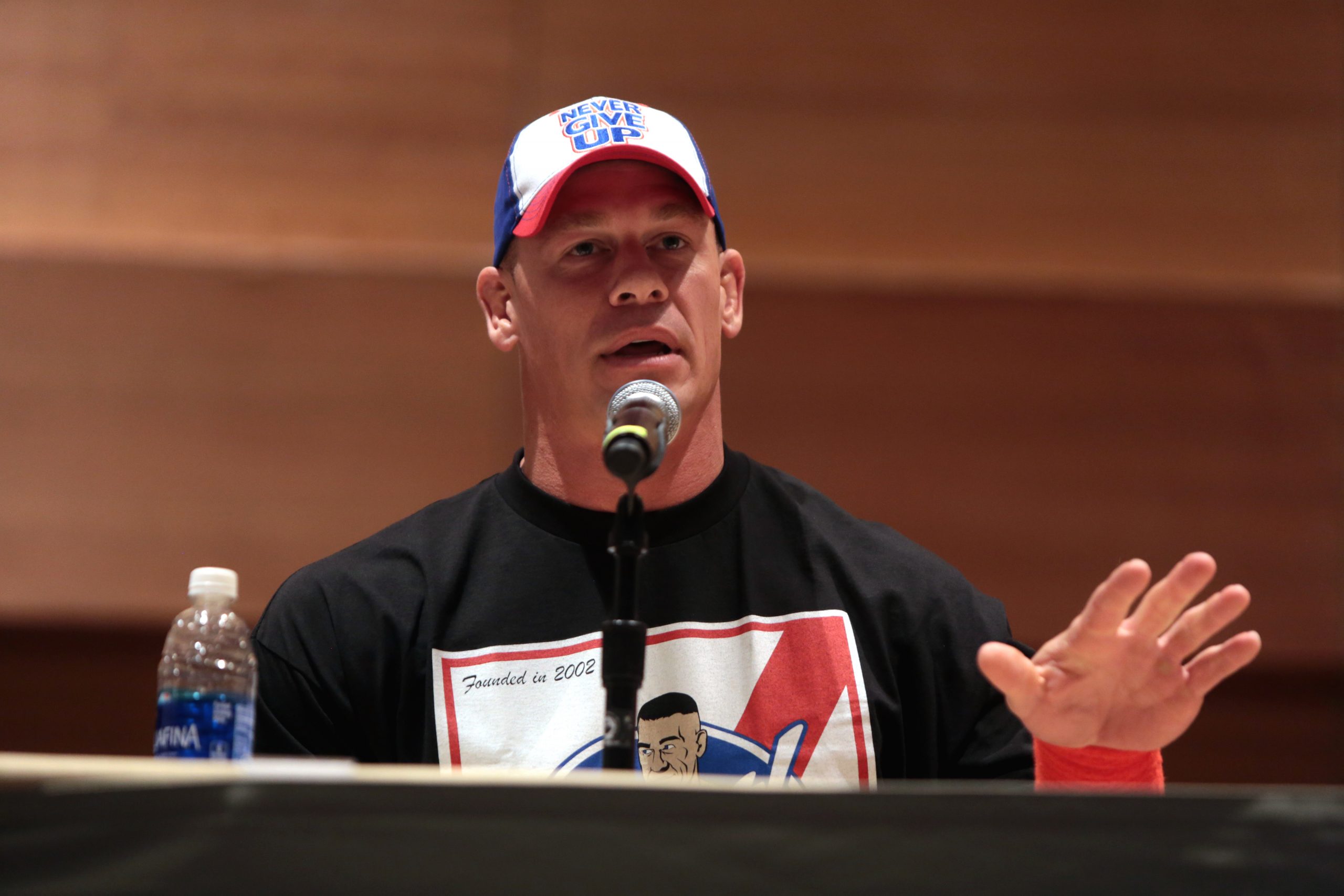If you needed video evidence that Chinese government officials are ultimately responsible for what Americans see in theaters, look no further than actor and wrestler John Cena’s pathetic new video.
Cena, who stars in the upcoming “Fast & Furious” sequel “F9,” called Taiwan a “country” in a recent interview.
On Tuesday, he issued a video apology to China that was nothing short of pitiful while speaking in Mandarin.
The 44-year-old was hyping up the film in a May 8 interview with the Taiwanese outlet TVBS when he said that “Taiwan will be the first country to see” the film, Newsweek reported.
The comment offended communist China, which claims the island as its sovereign territory. The Taiwanese see that differently, of course, and they want recognition as being an independent nation — which Cena gave them with his comment.
The situation is complicated yet simple. China will threaten to flex its muscle on anyone who dares to side with the movement for independence in Taiwan, where many people simply want freedom.
Cena, who is known for flexing muscle in the ring and playing the tough guy in films, didn’t dare take part in a staring contest with China’s government in this saga. He instantly blinked and offered an apology that looked very much like a hostage video.
John Cena apologized in Chinese on Sina Weibo after calling Taiwan a country during an interview promoting Fast & Furious 9 pic.twitter.com/dzRKIYgEzL
— Joe Xu (@JoeXu) May 24, 2021
“Hello, China. This is John Cena,” the actor said in Mandarin in the video, which was posted on the Chinese social media platform Weibo, according to Newsweek. “I did many, many interviews for ‘Fast & Furious 9.’ In one of the interviews I made a mistake.”
“I love and respect China and Chinese people. I’m very, very sorry for my mistake,” Cena added. “Sorry, sorry. I’m very sorry. You must understand I love and respect China and Chinese people. Sorry. Goodbye.”
Do you think he was sorry? He certainly said it enough times.
China boasts one of the world’s largest moviegoing markets. Simultaneously, the country’s communist government censors media to ensure the people in that market don’t hear or see anything that might lead them to an independent way of thinking — so what Cena said was problematic.
The movie almost certainly has been cleared by the Chinese, having steered clear of any substance. But Cena risked seeing Universal Pictures, the film’s distributor, losing big money if China had banned the film over the comments recognizing the plight of those in Taiwan.
Hollywood film studios make big bucks off the oppressive Chinese Communist Party, and they must keep those oppressors happy, especially since American audiences continue to speak with their wallets. The industry’s big-budget films are, generally speaking, terrible these days — which is one reason many films perform so badly with domestic audiences.
At some point, American audiences became secondary in the minds of industry executives. Now, it seems as though almost everything we see made its way through a Chinese censor before it was delivered to a theater near us.
Cena’s comments recognizing Taiwan as a “country” complicated what was a smooth relationship with Hollywood’s target audience. That relationship can force someone like Cena to cast aside his dignity to appease those who will decide if American films can make back their budgets and hopefully turn a profit overseas.
China’s market makes Hollywood big money, and Hollywood kowtows to the demands of its human rights abuser partners in the country. Meanwhile, American audiences get shorted with “woke” garbage, bland remakes, sterile stories and cheesy superhero films that play well overseas.
Hollywood, as an industry, then virtue signals about how much it cares about equity in a cycle that is nauseating.
Not even tough guy John Cena has the backbone to stand up to oppression to end the cycle. Beijing is calling the shots for our country’s entertainment industry, and Cena knows who the boss is.
Apparently in deep after offending his industry’s overlords, the actor issued that video to ensure that the relationship between Universal Pictures and Beijing will continue to be one that benefits the Chinese government while ensuring the studio has access to China’s vast audience.
Hollywood wouldn’t need communist China’s theater screens so badly if it simply refocused its efforts on telling engaging stories that served Americans who are eager for quality entertainment. The film industry largely isn’t interested in doing that, so it apparently had to trot out Cena to smooth things over in this case.
The actor was probably unaware of the political minefield he was walking in when he spoke to the people of Taiwan. But afterward, he had a chance to stand up for what’s right.
Proving himself a wimp, Cena turned his back on freedom-loving people across the globe and bowed to a country that uses slavery and oppression as a matter of policy.
This article appeared originally on The Western Journal.

























 Continue with Google
Continue with Google